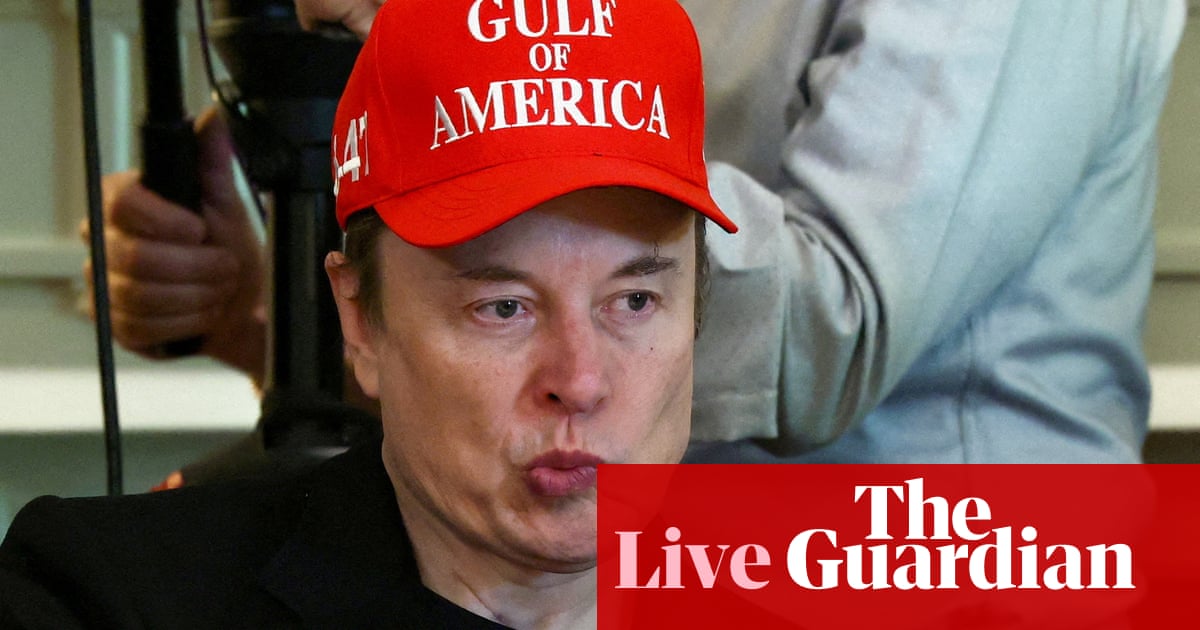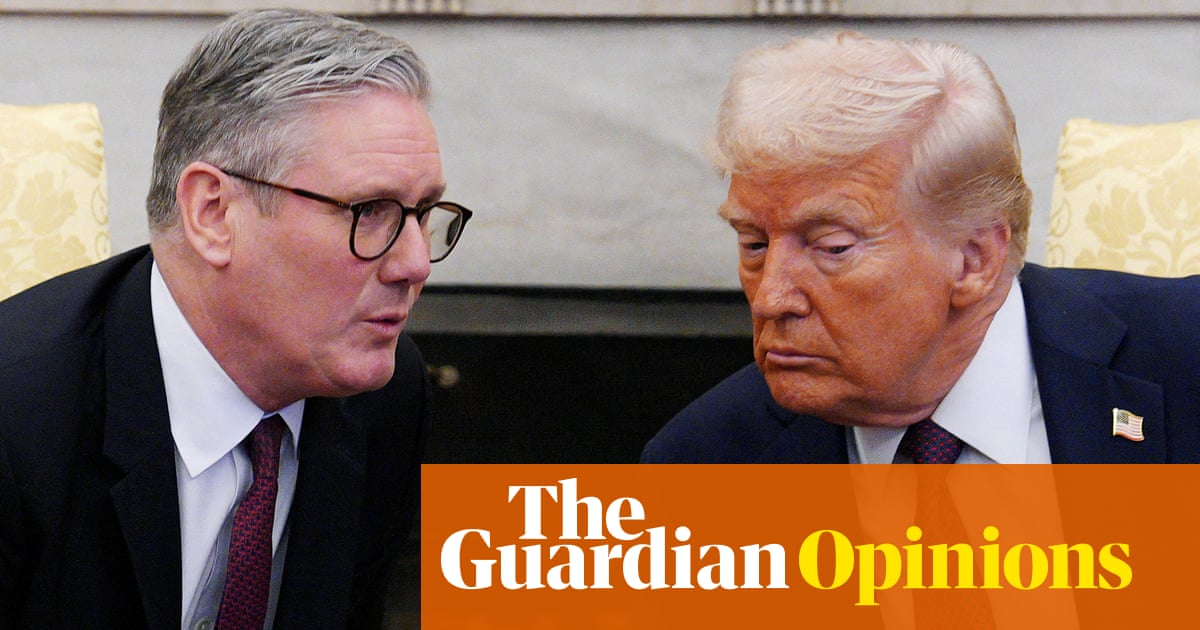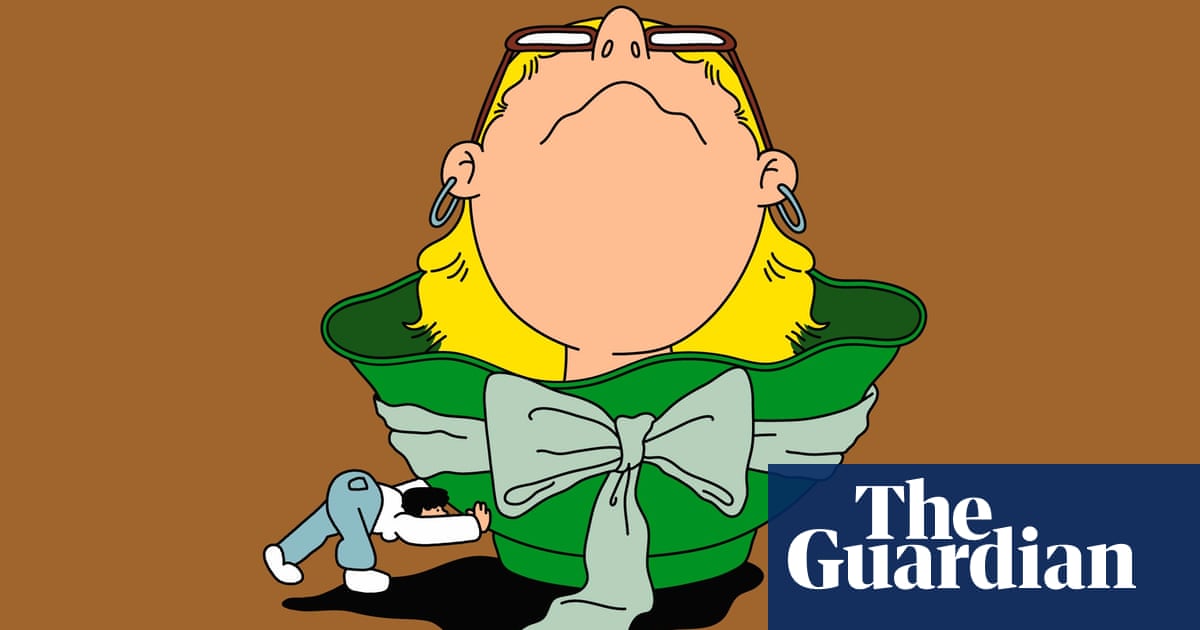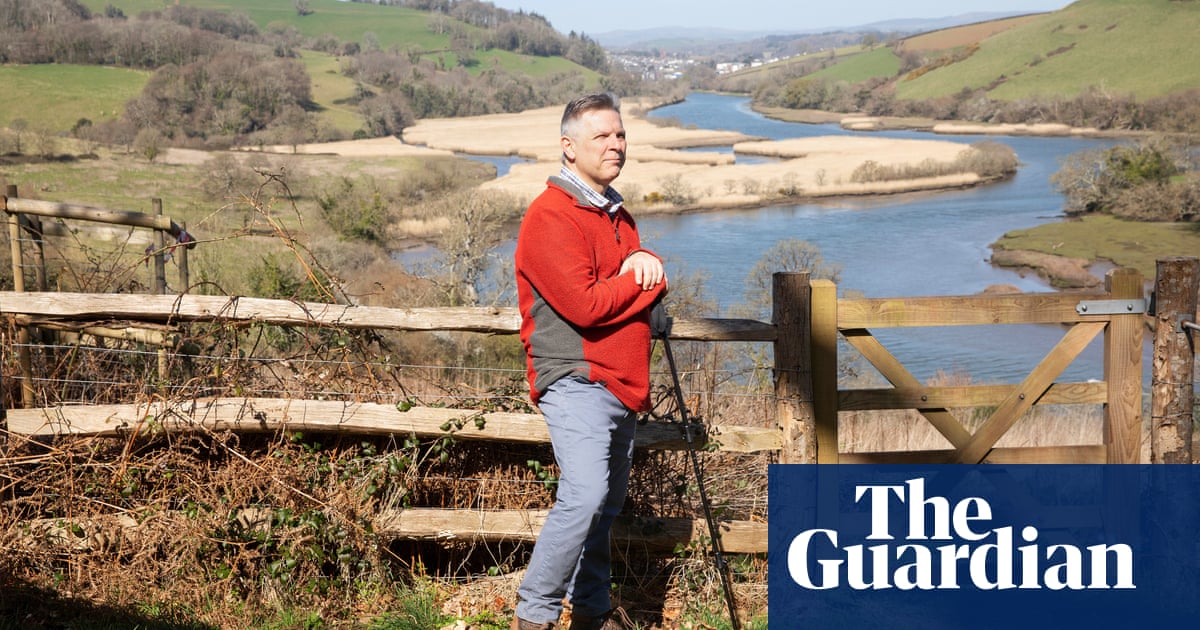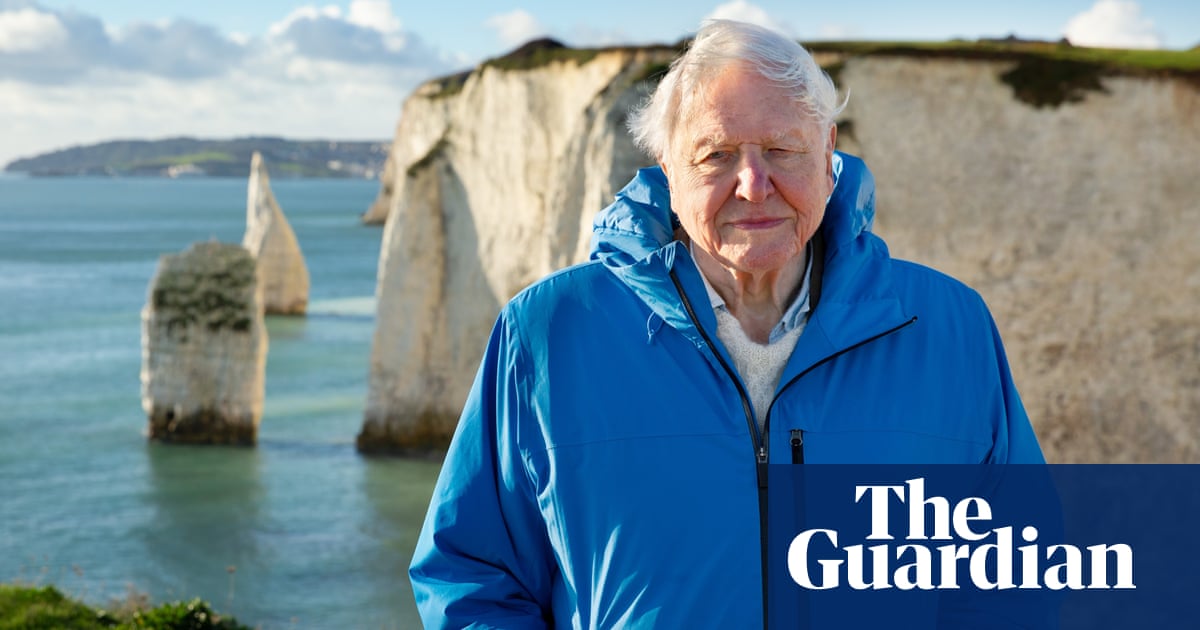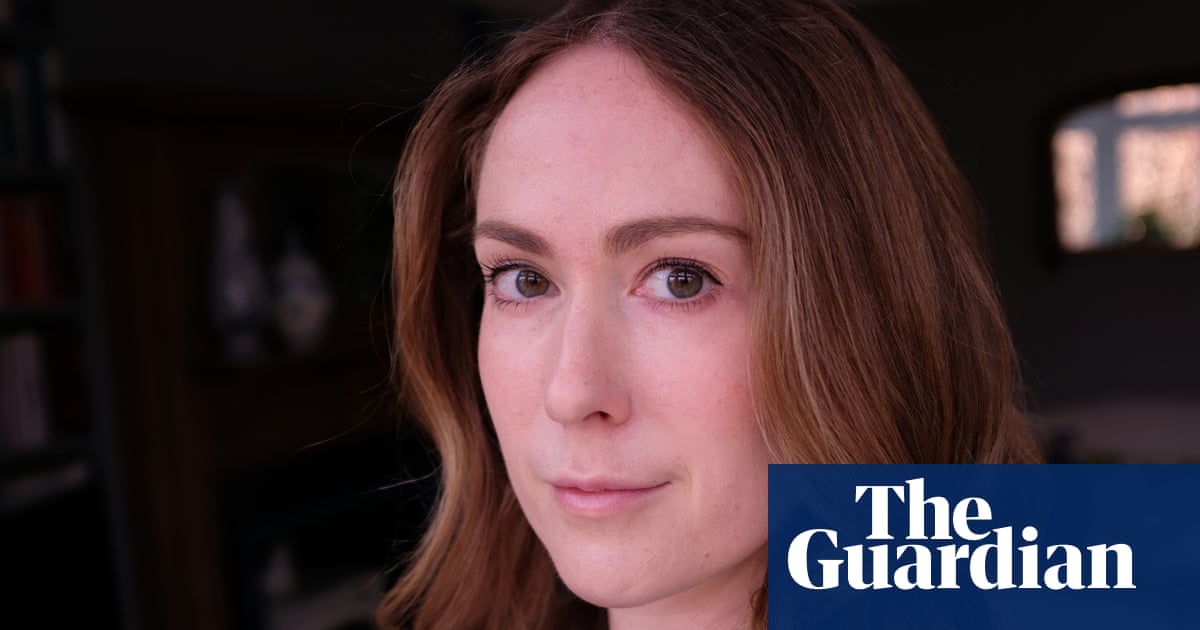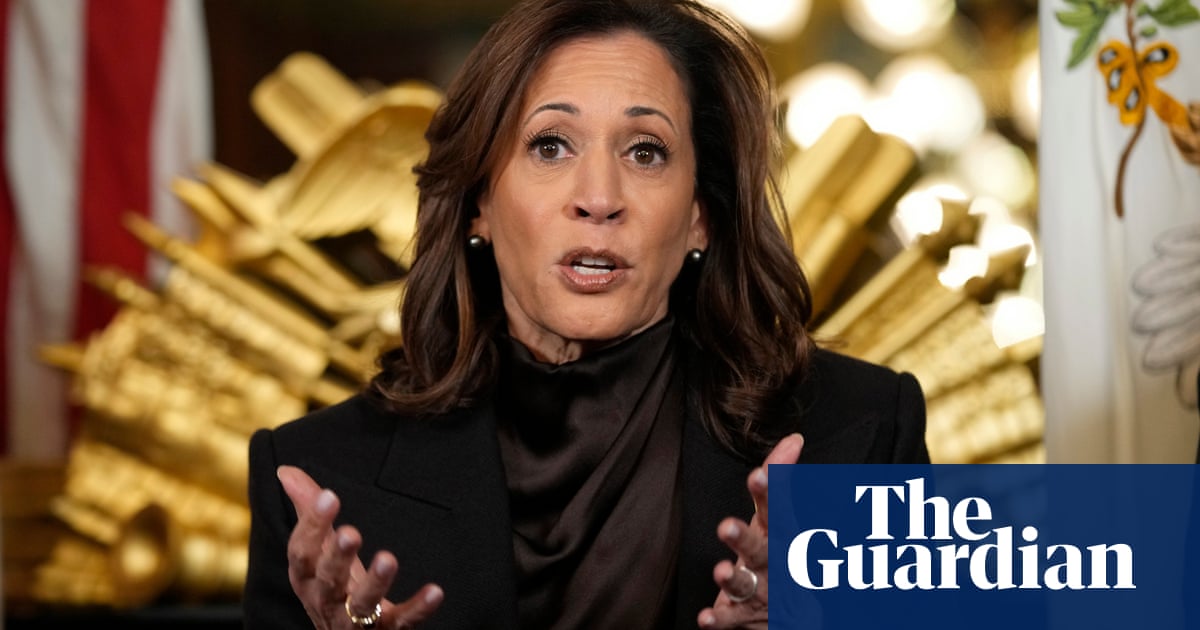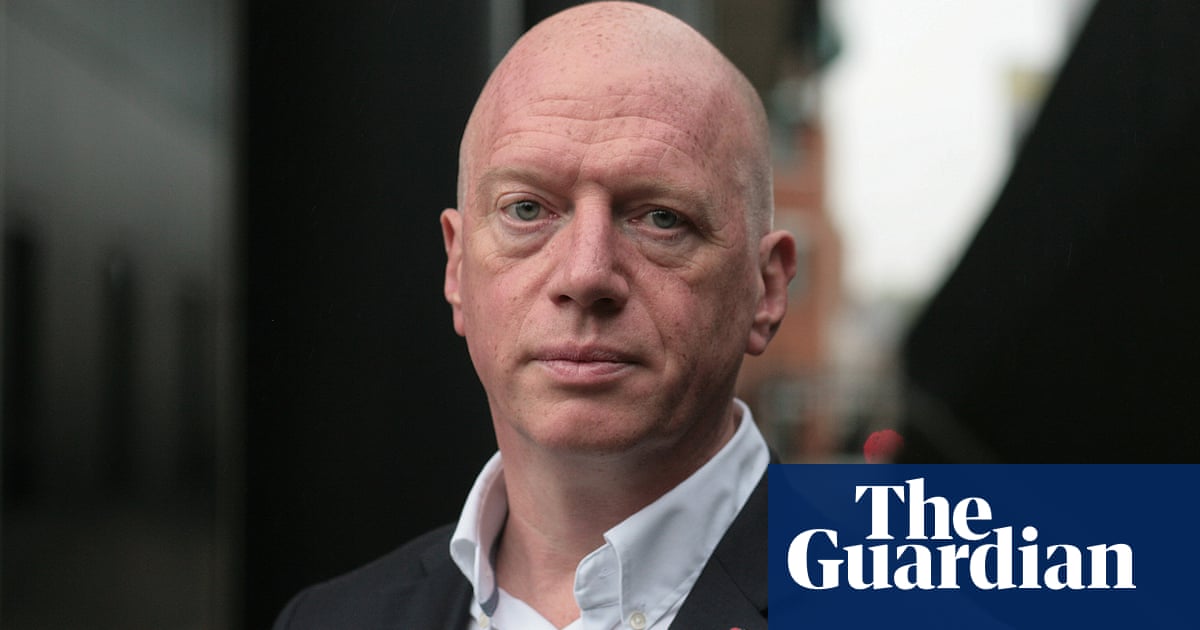It’s no longer even pretending. Last week, the BBC, already the UK’s most prolific censor, instructed the presenter Evan Davis to drop the podcast he hosted in his own time about heat pumps. It was a gentle, wry look at the machines, with no obvious political content. But the BBC, Davis says, saw it as “steering into areas of public controversy”. It should cease forthwith.
So are BBC presenters banned from saying anything controversial? Far from it. Take an article published earlier this year by Justin Webb in the Times. It praised the “political genius” of Donald Trump, suggested that Democrats are now seen as the extremists, and claimed that Trump is widely regarded as “making [America] normal again”. The BBC was fine with that, and complaints about it were rejected.
I believe Webb had every right to write that article. But his claims were indisputably matters of “public controversy”. So why shut down Davis’s non-political podcast on heat pumps, but not Webb’s inflammatory support for Trump? The answer is simple: economic power.
Heat pumps are a matter of “political controversy” for one reason and one reason only: commercial interests, led by gas suppliers and boiler installation companies, have stoked a culture war against them. This is part of a wider fossil-fuelled attempt to reverse environmental progress (assisted, incidentally, by the BBC’s own studio, StoryWorks, which, according to reporting by DeSmog, has produced PR materials for fossil fuel companies, transport firms and other major polluters). You might expect a public broadcaster to resist such lobbying. But the BBC succumbs again and again.

It’s an institutional problem. The most powerful and toxic corporate lobbyists in the country, who have fomented endless culture wars, are the neoliberal junktanks clustered in and around Tufton Street in Westminster. One or more of them, it seems, appears on the BBC almost every day. Almost invariably, the BBC breaks its own editorial guidelines, which state that a thinktank’s affiliations and funding “should be made available to the audience, when relevant to the context”. Most rightwing junktanks refuse to say who funds them, and the BBC doesn’t ask. So viewers and listeners have no means of knowing on whose behalf they might be speaking.
At the same time, leftwing voices are largely excluded (I define left as confronting economic power and right as supporting it). A study across nine years by Cardiff University of the non-party panellists invited on Question Time found that all the people who appeared most often are on the right. Several of them could reasonably be described as extremists.
Is there something wrong with people on left? Do they have nothing interesting to say? If only there were a before-and-after experiment to determine whether the problem lies with them or with the BBC. Well, there is. And the results could scarcely be starker.
Until a few years ago, while he worked for the Express, Spectator, Evening Standard, Telegraph and Mail, and was clearly a conservative, Peter Oborne was a BBC favourite. He was a leading presenter of its flagship political programme The Week in Westminster. He appeared on Newsnight, Today, Question Time and other prominent shows. He made some powerful radio documentaries. But in 2019, Oborne, a highly principled man, broke the conservative consensus by publishing an article in OpenDemocracy about the Boris Johnson government’s lies and distractions and their amplification by the media, including the Mail on Sunday and the BBC’s Today programme. It was a measured, careful, objective account, every step of which was evidenced.
Unsurprisingly, Oborne then had no choice but to resign from his column at the Mail. More surprisingly perhaps, the article marked the immediate end of his relationship with the BBC. No one said anything, no letter was sent. Instead, he tells me, the phone simply stopped ringing. Without explanation, his 20 years of work with The Week in Westminster came to a sudden halt.
He went on to defend Jeremy Corbyn and to report and comment, in great depth, on the genocide in Gaza. He has become, as a result, a pariah in all mainstream outlets, comprehensively deplatformed by the great “defenders of free speech”. Though his journalism is as thorough and as responsible as ever, he has not appeared on a network BBC programme since 2019, when his focus shifted, in effect, from right to left. Now he works only for Middle East Eye, Declassified and Byline Times.
How much more obvious could this be? Defend powerful interests: welcome, brother. Confront the status quo, challenge the lies, call for higher journalistic standards at the BBC: avaunt ye, demon. To be principled is to be excluded. The airwaves buzz with unprincipled chancers.
The BBC might argue that these are the voices which prevail in public life. But they do not prevail by accident. They prevail through money: through corporate lobbying; through the ownership of other media by billionaires and hectomillionaires; through the concierge network; through donations and influence that turn political parties into ventriloquists of power. Big money pushes politics ever-further to the right: that is a cast-iron rule of political life. Seeking to represent prevailing voices, the BBC gets walked into ever-more extreme positions.
It’s not as if the right has nowhere else to go. In the mainstream, almost all doors are open. To the left, almost all are locked. Far from seeking to redress this imbalance, and platforming under-represented views as true impartiality demands, the BBC reinforces it.
Part of the problem is that highly partisan rightwingers were imposed on the BBC by the Conservatives. It speaks to Keir Starmer’s mortal weakness that he has not sought to replace them with unbiased figures. But it’s wider than that. A culture of fear and favour dominates the organisation.
Occasionally the BBC makes bold programmes, such as Louis Theroux’s new documentary about West Bank settlers. But you can name and number these deviations, while the views and demands of economic power have become the background hum across its entire news and current affairs output.
In other words, the BBC behaves much like Starmer’s government: appeasing critics on the right and far right, while suppressing the left. In doing so, it undermines its own survival. When it faces an existential crisis, as both Labour and the BBC might in 2029, who will defend it? The right – and the plutocrats the right exists to champion – want it gone, while the left now sees it as a hostile force. It is appeasing itself to death.
-
George Monbiot is a Guardian columnist

 3 hours ago
4
3 hours ago
4
